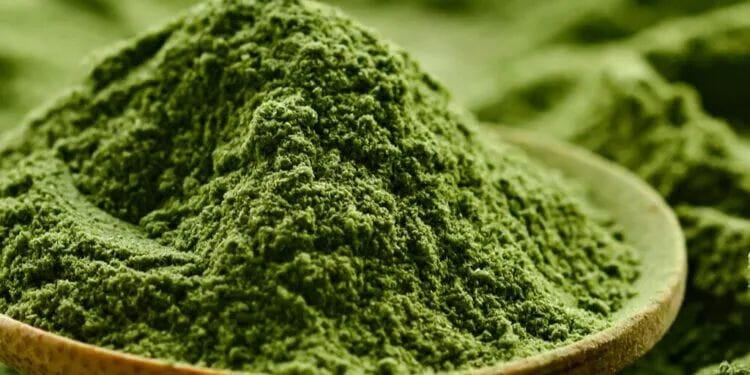June 10 - The ALEHOOP project, a joint European project based on circular biology, has successfully demonstrated the feasibility of sustainable plant protein extraction. The project developed pilot-scale biorefineries to recover low-cost dietary proteins from algae and plant biomass.

The biorefinery produces high-value food and feed products, including snacks, smoothies, meat substitutes, animal feed and sports drinks. To achieve this, the project optimized its biorefinery process and protein extraction methods to ensure consistently high quality products.
"Current sources of protein are rapidly becoming unsustainable from an economic and environmental point of view, raising concerns about food security and creating an urgent need to find alternative proteins. Converting these by-products into alternative proteins, and in turn into food and feed products, can help us meet the world's growing demand for protein in a more sustainable way," said Nuria Valdés Mediavilla, Project Manager at Contactica Innovation in Spain.
The program also addressed regulatory requirements and market barriers to the use of macroalgae and legume proteins in food and feed applications through extensive safety and quality testing.
Valdés Mediavilla said:- "This achievement represents a major step towards the provision of sustainable, low-cost dietary proteins that will help reduce the EU's dependence on imported proteins, while also improving food security, contributing to the circular bioeconomy and helping to mitigate the effects of climate change. "
Significant progress has been made in the successful pilot demonstration of protein extraction from residual macroalgae and legume by-products. The project will now enter the final phase where alternative protein sources will be validated for food and feed applications.

